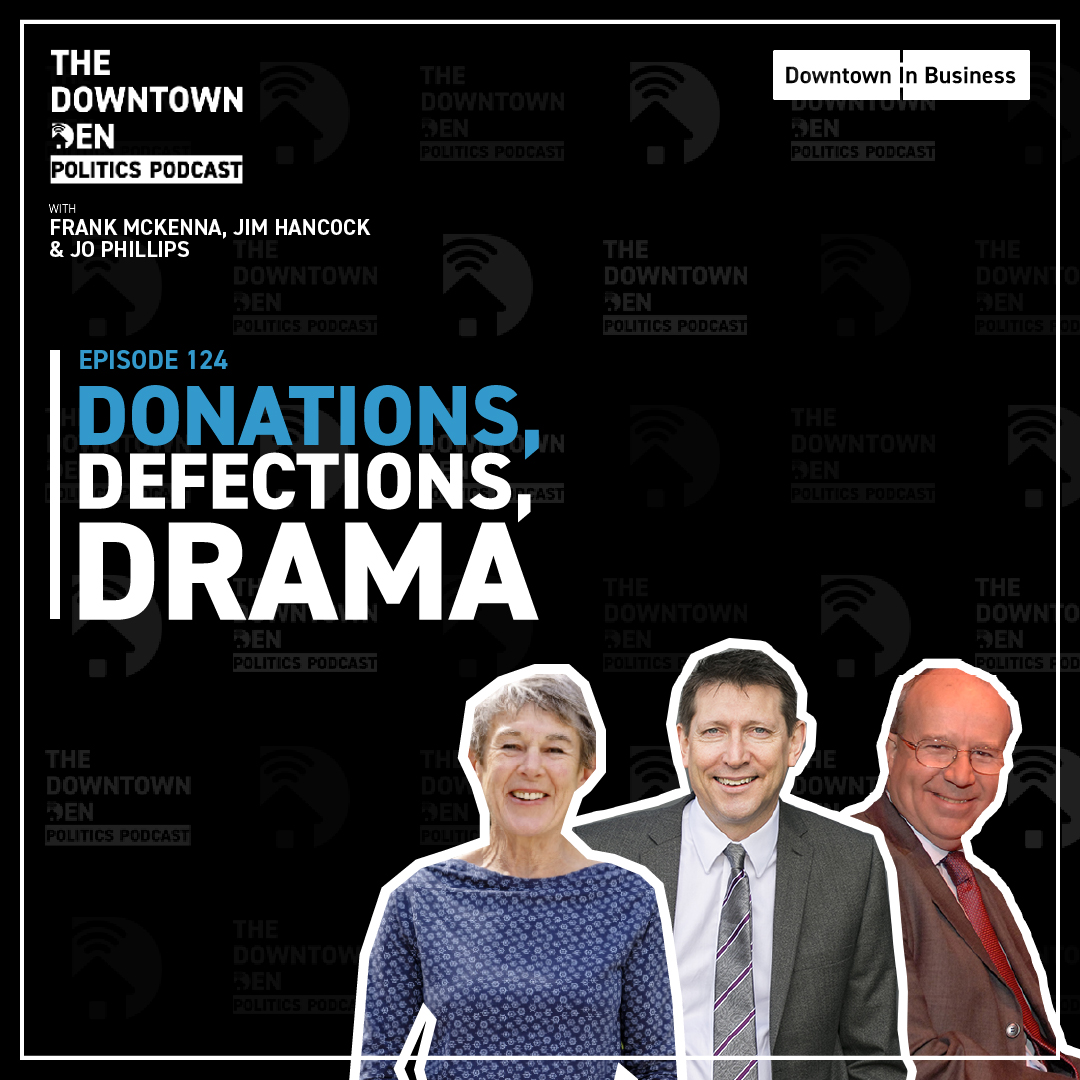What is an ACV?
An ACV is an Asset of Community Value for a building or other land of significance to the local community, which can be given additional protection in addition to the Localism Act 2011.
Why are properties listed as an ACV and what is the benefit of listing a property?
If a property is listed as an ACV then this gives the nominating organisation a period of time to collate a bid to purchase the property should a sale be considered by the owners. The ACV listing process has been legitimately and successfully used by community groups to buy property, but often it is used by protestors as a barrier to re-development. Churches and pubs are particularly affected.
Who can nominate an ACV to be listed?
Only certain organisations can nominate, so investigating the nominator to check whether it is technically able to nominate can be worthwhile. There must be a local connection to the nominating organisation. Parish councils in England and community councils in Wales) will have the can also make nominations.
How do I identify the nominator?
The Local Authority will provide details of the nominating organisations as part of the notification process.
What criteria is applied to decide whether a property is an ACV?
- the property must be used for “furthering the social wellbeing or social interests of the local community“
- ancillary use is ignored
- there must be a realistic prospect of the property being used within the next five years for a non-ancillary use that would further the social wellbeing or social interests of the local community. This must be more than just a speculative prospect
- planning arguments are not relevant, the community value is key
How long does a property remain on the ACV list?
5 years but they can be re-nominated at the end of that period.
What impact does an ACV listing have on a planning application?
Local Planning Authorities may see an ACV listing as being a material consideration in any planning application for redevelopment. For example, an ACV nomination for a pub affects normal permitted development rights.
Can the property still be sold if it is on the ACV list?
Yes. The property can still be sold. However, listing means that the owner cannot dispose of the property without giving notice to the Local Authority. The nominating community group then has six weeks in which to bid for the property. If it does so the sale cannot take place for six months. At the end of the six month period, the owner may sell but is not obliged to sell to the community bidder. If an owner has no plans to sell, listing may cause no problem, but if sale is planned the delay which can be caused by listing may become an issue.
The property is being sold and contracts have been exchanged – does listing mean that the transaction is void?
No. If contracts have been exchanged then there is a legal agreement to sell the property and a subsequent ACV listing cannot frustrate the deal that has been reached. Therefore, if you are concerned that the property may be listed imminently it is important that you proceed to exchange of contracts as swiftly as possible before the property is listed. If there are other matters to consider, for example, planning applications for change of use, then it would be worthwhile considering a conditional exchange of contracts in order to circumvent the listing process.
Can I object to the property being listed as an ACV?
Once a Local Authority receives a nomination they must decide whether to list the property within eight weeks and they must serve notice on the owner. The owner has no formal right to object, but local authorities pay attention to objections received. If an owner wishes to avoid the inconvenience of a property being listed they should resist the ACV nomination as soon as they receive notice. Once a listing is made, there are only eight weeks for an owner to apply for review.
Is compensation payable for losses incurred due to the property being listed as an ACV?
If a property is listed and an objection or review is unsuccessful, the owner can claim compensation from the Local Authority for loss and expense incurred, including for the delay in selling the property. Such potential losses should be raised in any objection or review, as it may deter the Local Authority from listing the property.
What to do next?
If you have any further questions or require assistance in relation to a specific building then please contact Greg Clark at award-winning law firm VWV. Greg can be contacted on 0121 227 3714 or at [email protected]









